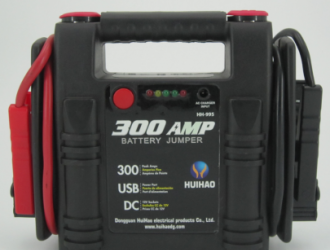Africans generally love beauty. It can be said that Africa is the region with the most developed beauty-loving culture in the world. This culture provides a huge impetus to the development of the future cosmetics market in Africa. At present, the cosmetics market in Africa has not only high-end products from Europe and North America, but also personal care products from the Far East and around the world.
Most of the cosmetics in Africa rely on imports, such as beauty soaps, facial cleansers, shampoos, conditioners, fragrances, hair dyes, eye creams, etc. As one of the fastest growing markets in Africa, Nigeria's demand for cosmetics is growing at an alarming rate.
Nigeria’s beauty and cosmetics industry employs more than 1 million people and contributes billions of dollars to the economy, making Nigeria one of the fastest growing markets in Africa. Nigeria is regarded as a rising star in the African beauty market. 77% of Nigerian women use skin care products.
The Nigerian cosmetics market is expected to double in the next two decades. The industry has created more than 2 billion US dollars in sales in 2014, with skin care products having a market share of 33%, hair care products having a market share of 25%, and cosmetics and perfumes each having a market share of 17%.
"In the global cosmetics industry, Nigeria and the entire African continent are at the core. International brands like Maybelline are entering the African market under the symbol of Nigeria," said Idy Enang, general manager of L'Oréal's Midwest Africa region.
Similarly, the growth rate of this sector is mainly driven by population growth, which in turn translates into a strong consumer base. This especially includes the young and middle-class population. With the increase in urbanization, education level and women’s independence, they are willing to spend more income on beauty products under the influence of more exposure to Western culture. Therefore, the industry is expanding to major cities, and companies are also beginning to explore new beauty venues across the country, such as spas, beauty centers, and health centers.
based on such growth prospects, it is easy to understand why major international beauty brands such as Unilever, Procter & Gamble and L'Oréal take Nigeria as a country of focus and occupy more than 20% of the market share.








